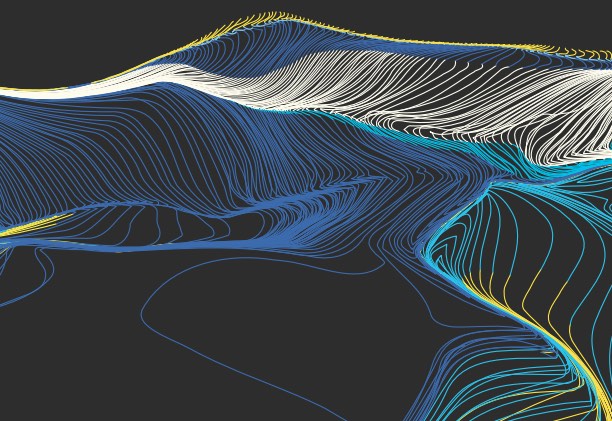When one thinks about what business oil and gas companies are in, you would normally think about the hydrocarbon sector. But a new white paper from Penguin Computing explains that these days, businesses in these sectors are just as much in the data business. Why? Because they use data to predict, manage and optimize exploration and production operations. But there’s more to the story.

Download the full report.
To stay competitive, they need to be able to derive insights from petabytes of sensor, geolocation, weather, drilling, and seismic data in milliseconds, according to Penguin Computing.
But the explosion in data is making it more difficult for these firms to derive useful business value from their data. Penguin Computing asserts Graphic processing units or GPUs for the oil and gas industry are part of the answer.
GPUs, often associated with gaming, have the potential to address data challenges, that Penguin Computing points out, may not have been possible before — and may allow some oil and gas firms to cut down on costly central processing unit (CPU) infrastructure.
So, what are the implications of GPUs for the oil and gas industry as this technology evolves? A key focus of the oil and gas industry today is improving the ROI of exploration.
Penguin Computing explains that many oil and gas firms have found they can reduce model processing cycle times with GPU-accelerated computing. And this helps create “more effective lease bidding, improved prospects for successful drilling, improved hit rates for striking oil, and much faster time to market.”
Done properly, adoption of GPU-accelerated computing can offer oil and gas firms significant return on investment (ROI) today and pave the way to gain additional advantage from future technical developments. — Penguin Computing
But those aren’t the only ways the oil and gas business is using GPUs. GPUs for the oil and gas industry have allowed businesses to also more quickly develop fuel-saving additives and synthetic or blended fuels, as well as making quicker time to decision for emergency planning and emergency management.
The oil and gas industry is also one on the cutting edge of new technology like machine learning and artificial intelligence, and can use both to save money, improve efficiency, and increase safety. But again, tools like this require analyzing huge amounts of data. Penguin Computing highlighted that GPUs can keep oil and gas companies ahead of the game and in front of competition.
The new report from Penguin covers the following topics:
- What Is GPU-Accelerated Computing?
- How GPU Acceleration Works?
- Powering Artificial Intelligence
- Issues to Consider Before Moving to GPU-Accelerated Computing
- Potential Costs and Cost Avoidance
- Implications for Oil and Gas Firms
Download the full white paper from Penguin Computing, “How Oil and Gas Firms Can Create Competitive Advantage with GPU-Accelerated Computing,” to learn how GPUs are spurring innovation and changing how hydrocarbon businesses address data processing needs.




